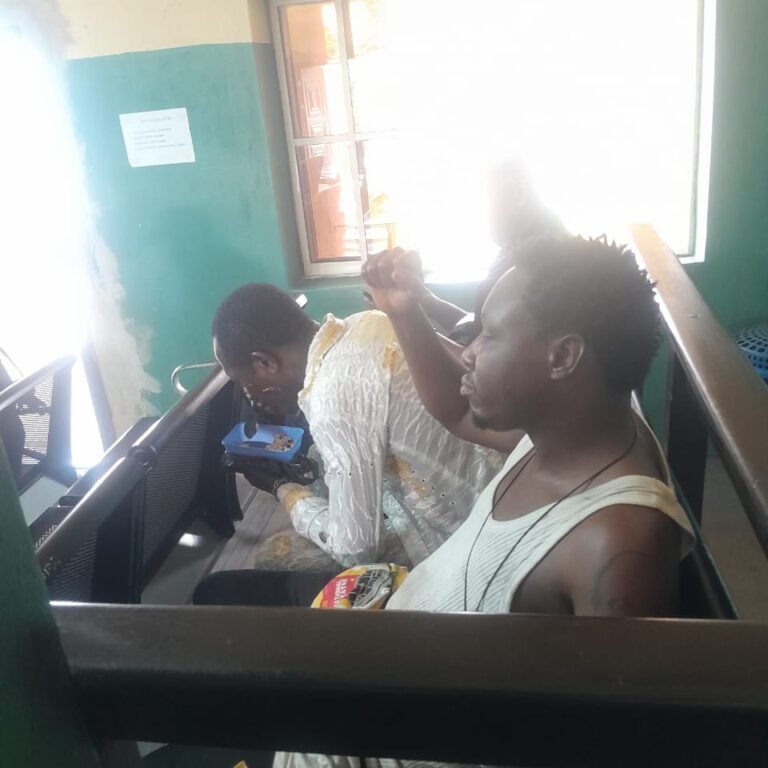
ABUJA, June 16, 2025
The Federal Government has restated its commitment to prioritising children’s rights and welfare as Nigeria joins other African nations to commemorate the 2025 Day of the African Child.
This was contained in a statement signed by Jonathan Eze Special Assistant, Media & Publicity to the Honorable Minister of Women Affairs
Speaking during a ministerial statement to mark the day, the Honourable Minister of Women Affairs, Imaan Sulaiman-Ibrahim, described the event as both a solemn remembrance and a renewed call to action.
The Day of the African Child, observed annually on June 16, honours the memory of the 1976 Soweto Uprising in South Africa, where students marched against apartheid and poor education standards. This year’s theme, “Planning and Budgeting for Children’s Rights: Progress Since 2010,” challenges governments to back their commitments with tangible investments.
“Planning and budgeting must not be treated as routine administrative processes they are reflections of the values we hold and the future we intend to build,” the Minister said. “Every naira not invested in child development creates a void in our national destiny.”
Sulaiman-Ibrahim highlighted persistent challenges affecting Nigerian children, including displacement, out-of-school rates, early marriage, and climate-related emergencies. According to the Ministry, over 10 million children are currently out of school, with 44% of girls married before the age of 18.
“These are not isolated statistics they are structural warning signs,” she said. “To truly honors the African child, our plans and budgets must respond to the lived realities of every Nigerian child, regardless of geography, gender, or circumstance.”
The Minister applauded Nigeria’s progress in the domestication of the Child Rights Act, now fully adopted across all 36 states and the FCT. However, she emphasized that legislation alone is not enough without proper implementation, budgetary support, and accountability.
Under President Bola Ahmed Tinubu’s Renewed Hope Agenda, the Federal Ministry of Women Affairs has received its largest budgetary support to date, with specific emphasis on child protection and inclusive development, including underserved populations like the boy child.
Sulaiman-Ibrahim commended the efforts of development partners, civil society groups, state governments, and traditional institutions for their continued support in advancing child welfare policies and programmes.
“Now, more than ever, we must deepen our commitment, upscale our investment, and ensure accountability in ways that translate directly into better outcomes for children,” she said.
Highlighting efforts to promote child participation in governance, the Minister cited the National Children’s Parliament as a model platform that enables young voices to influence national discourse and policymaking.
In closing, the Minister urged all stakeholders to move beyond symbolic gestures and adopt decisive, well-resourced strategies to improve the lives of children across Nigeria.
“When we protect children, we preserve hope. When we invest in children, we secure the future. And when we listen to children, we shape a Nigeria that is inclusive, just, and truly great.”





